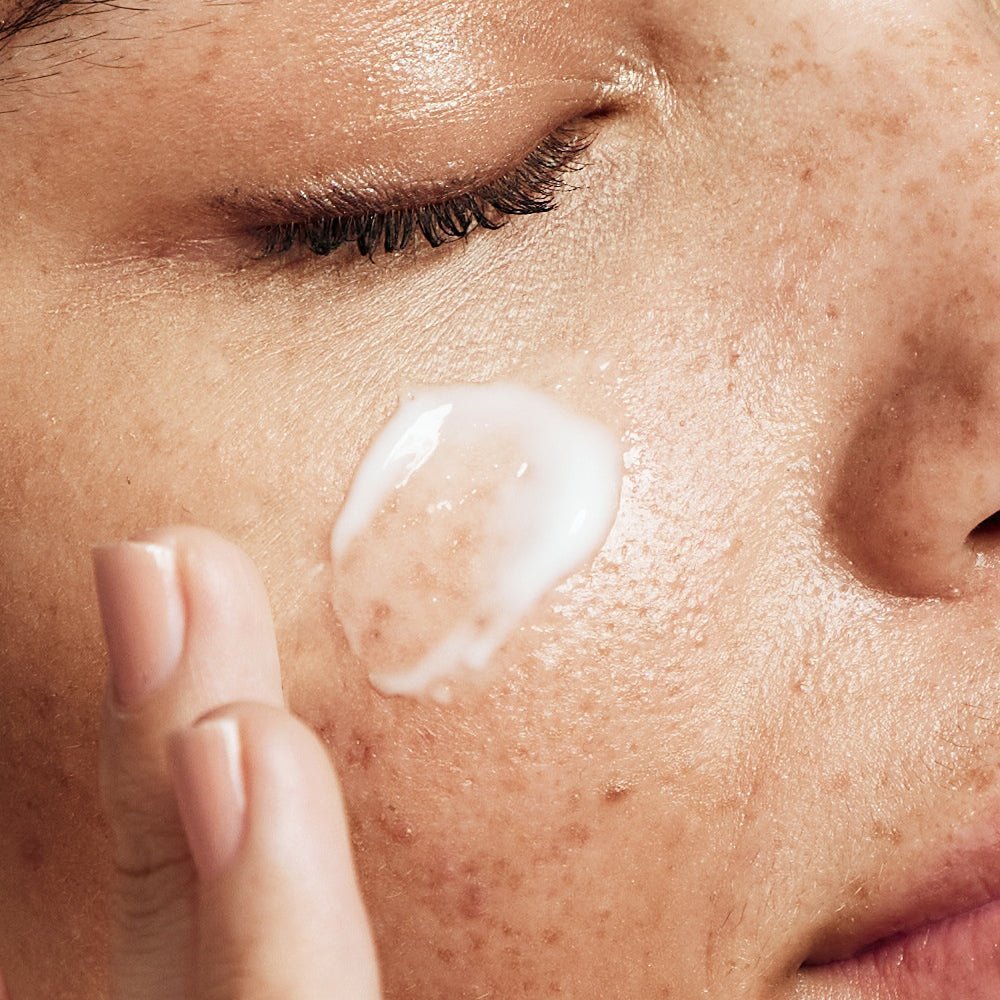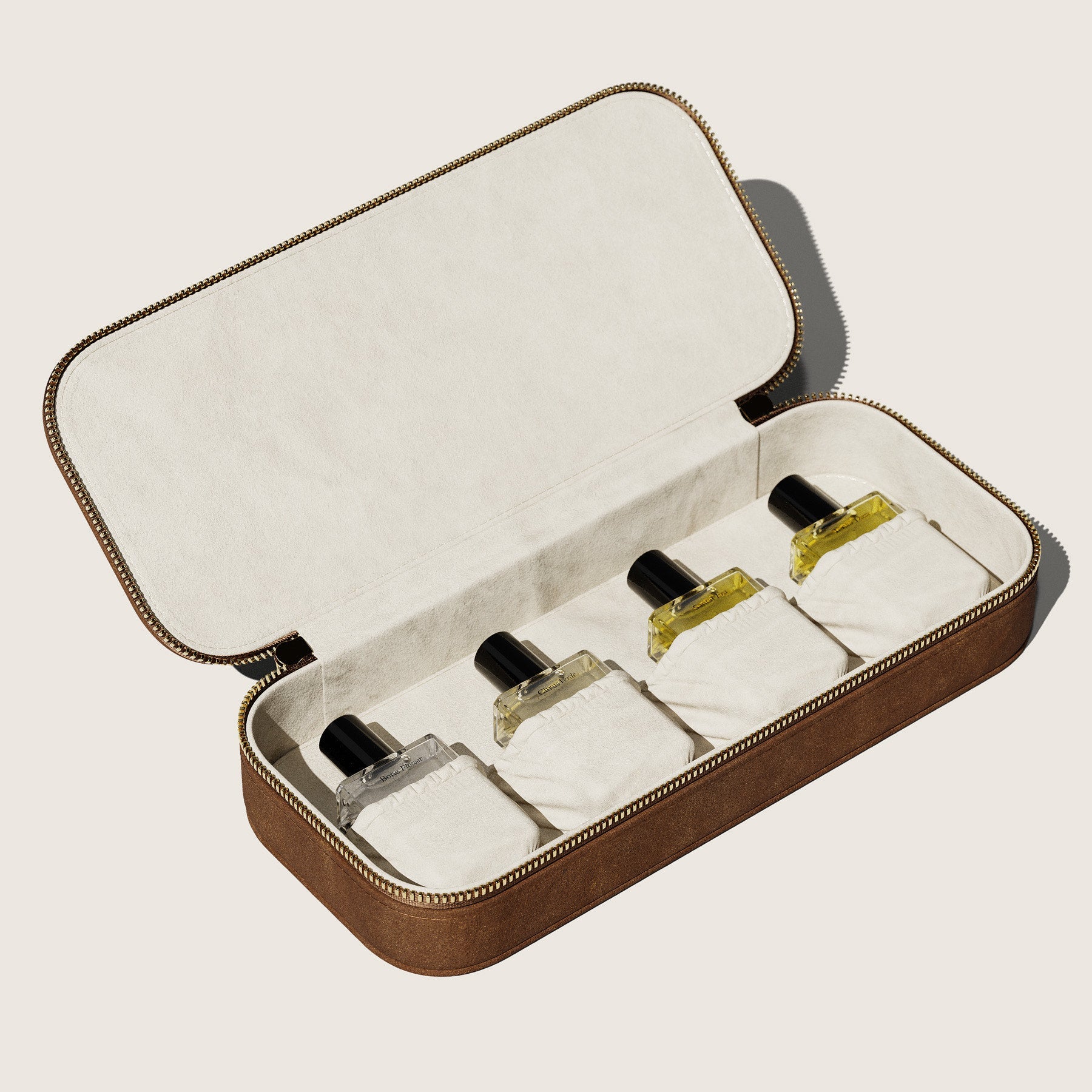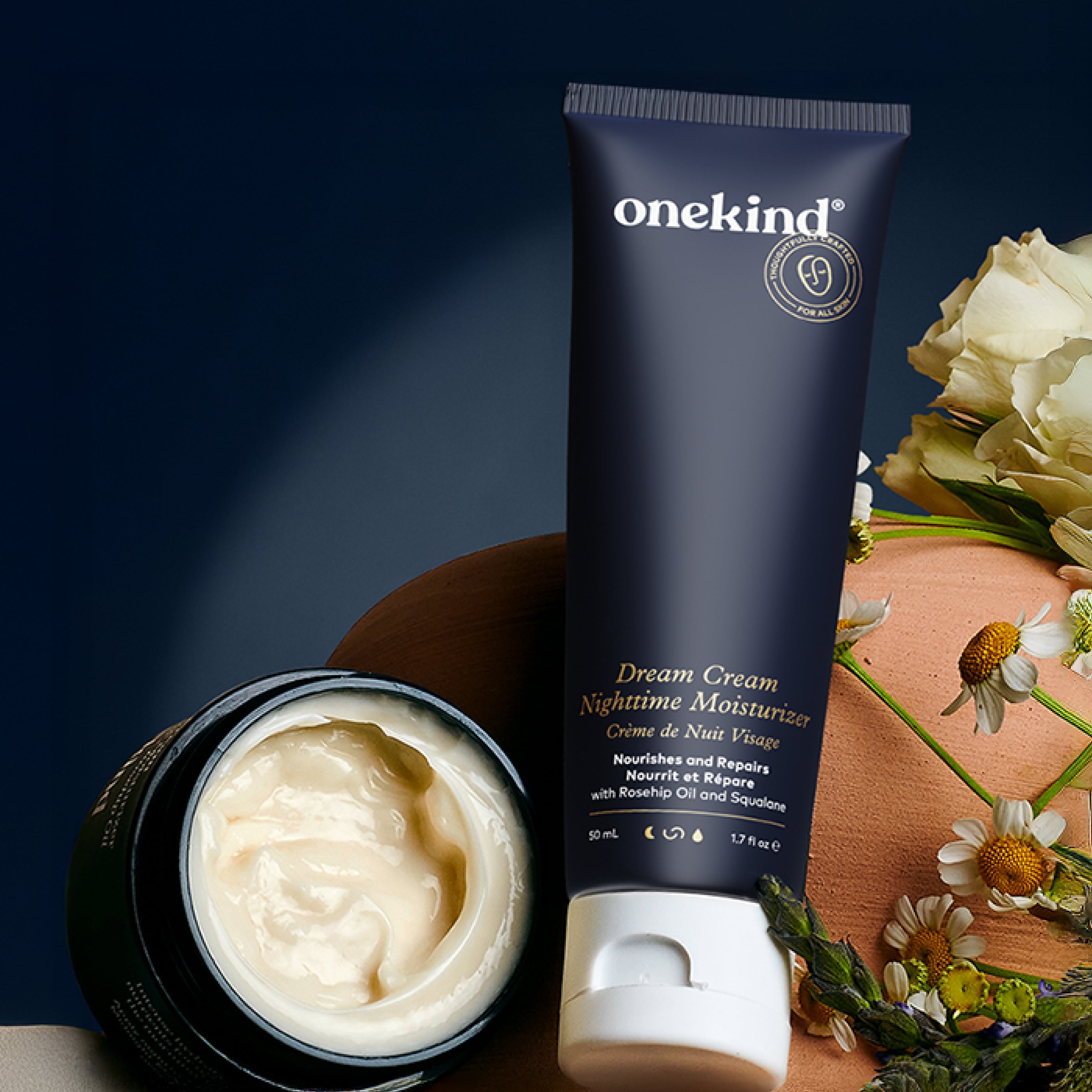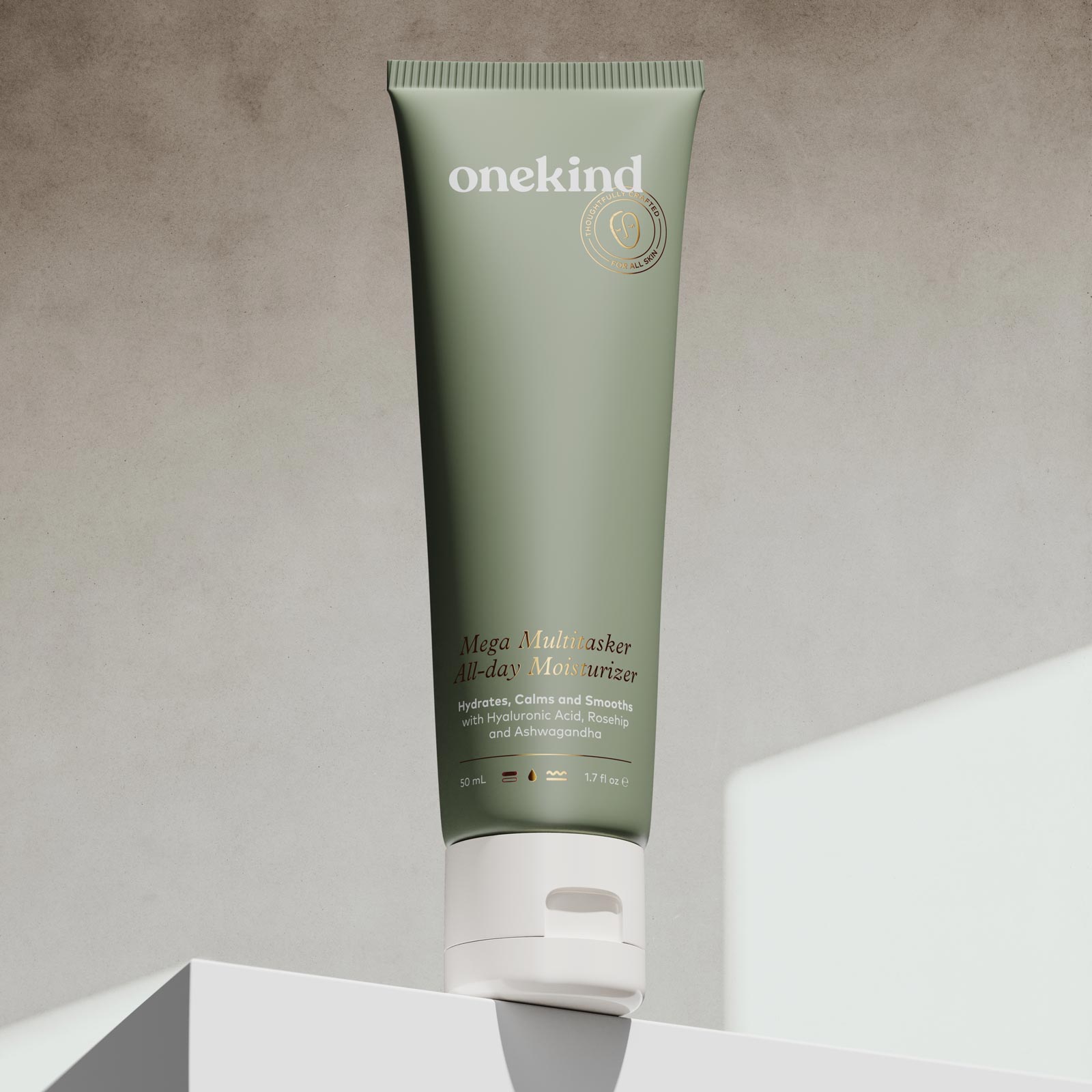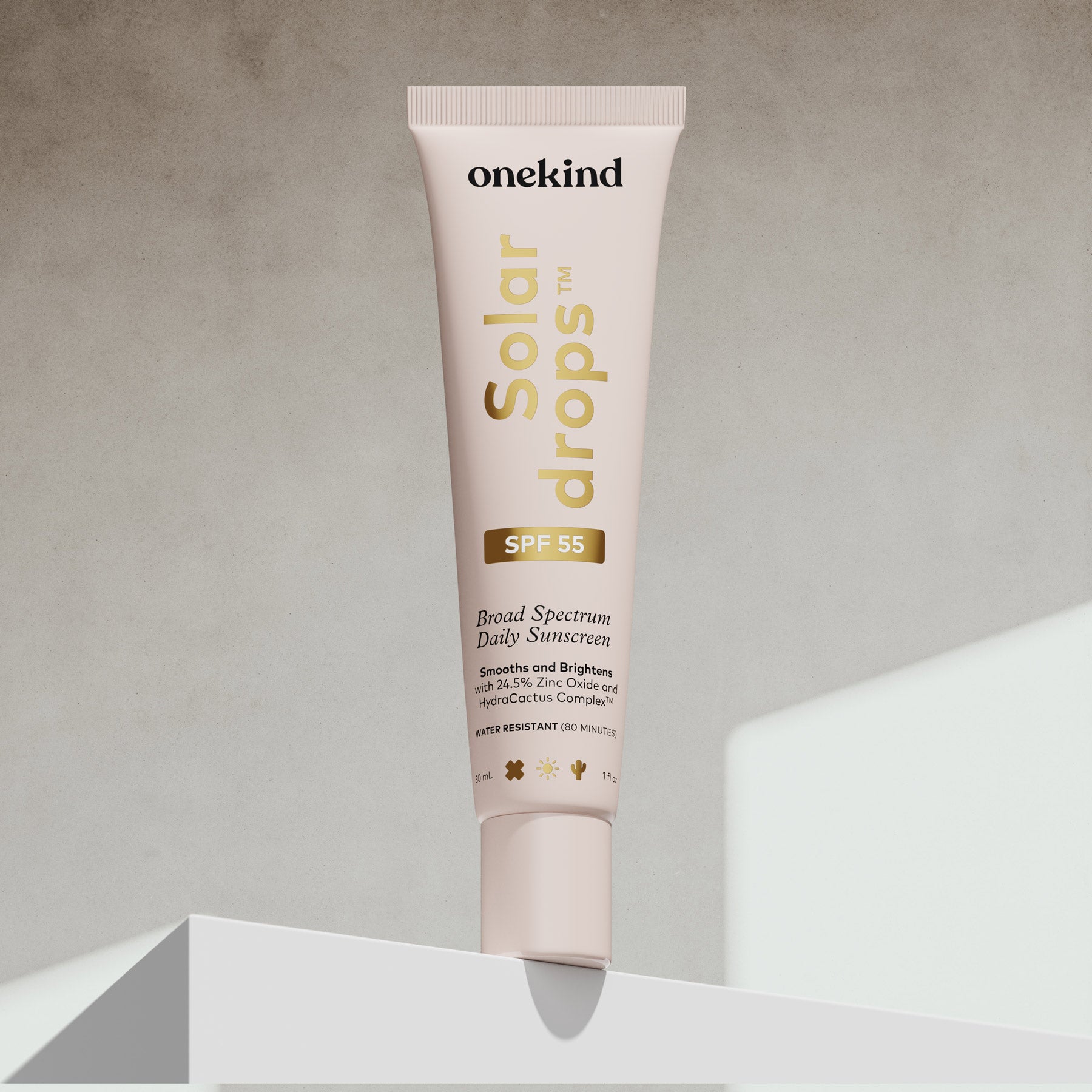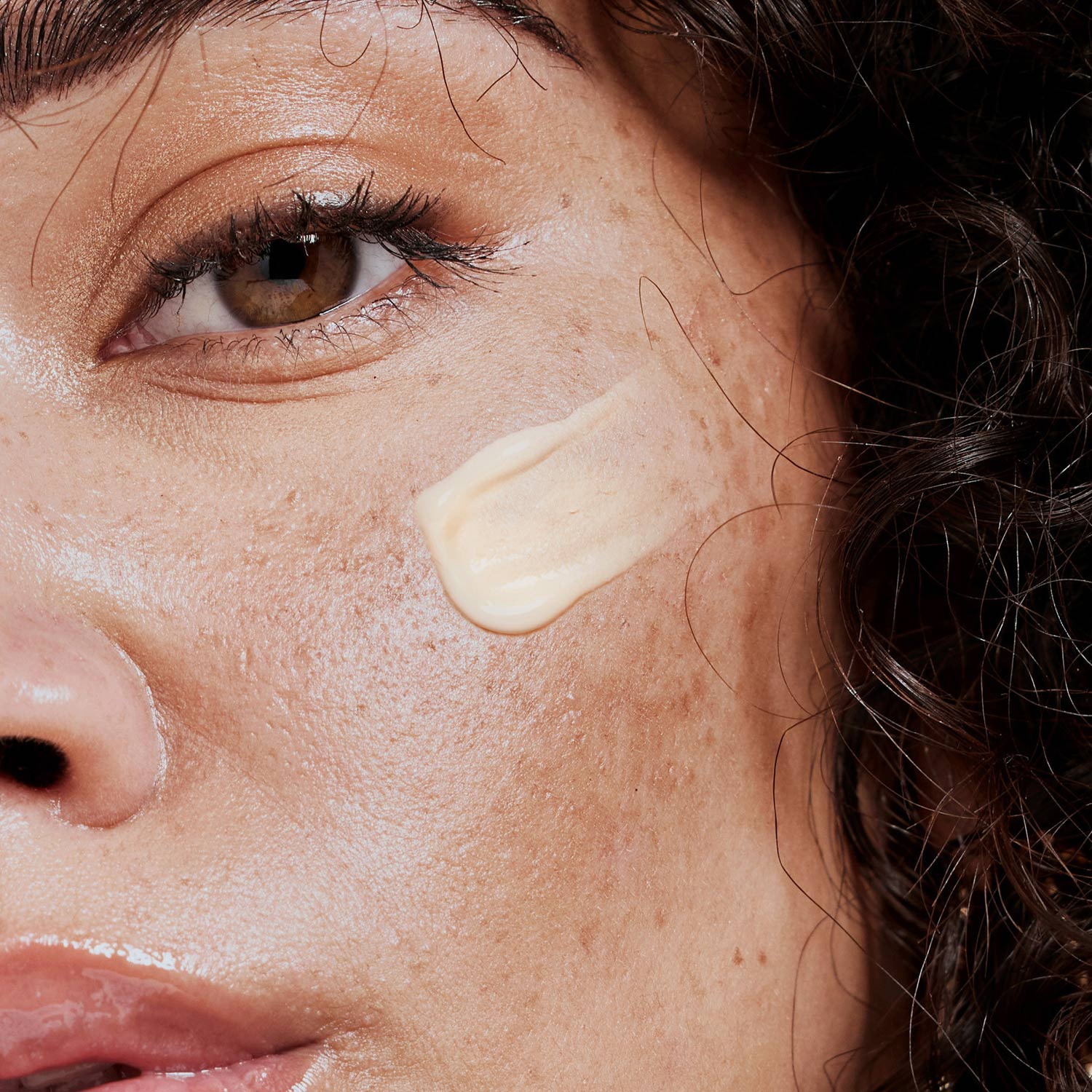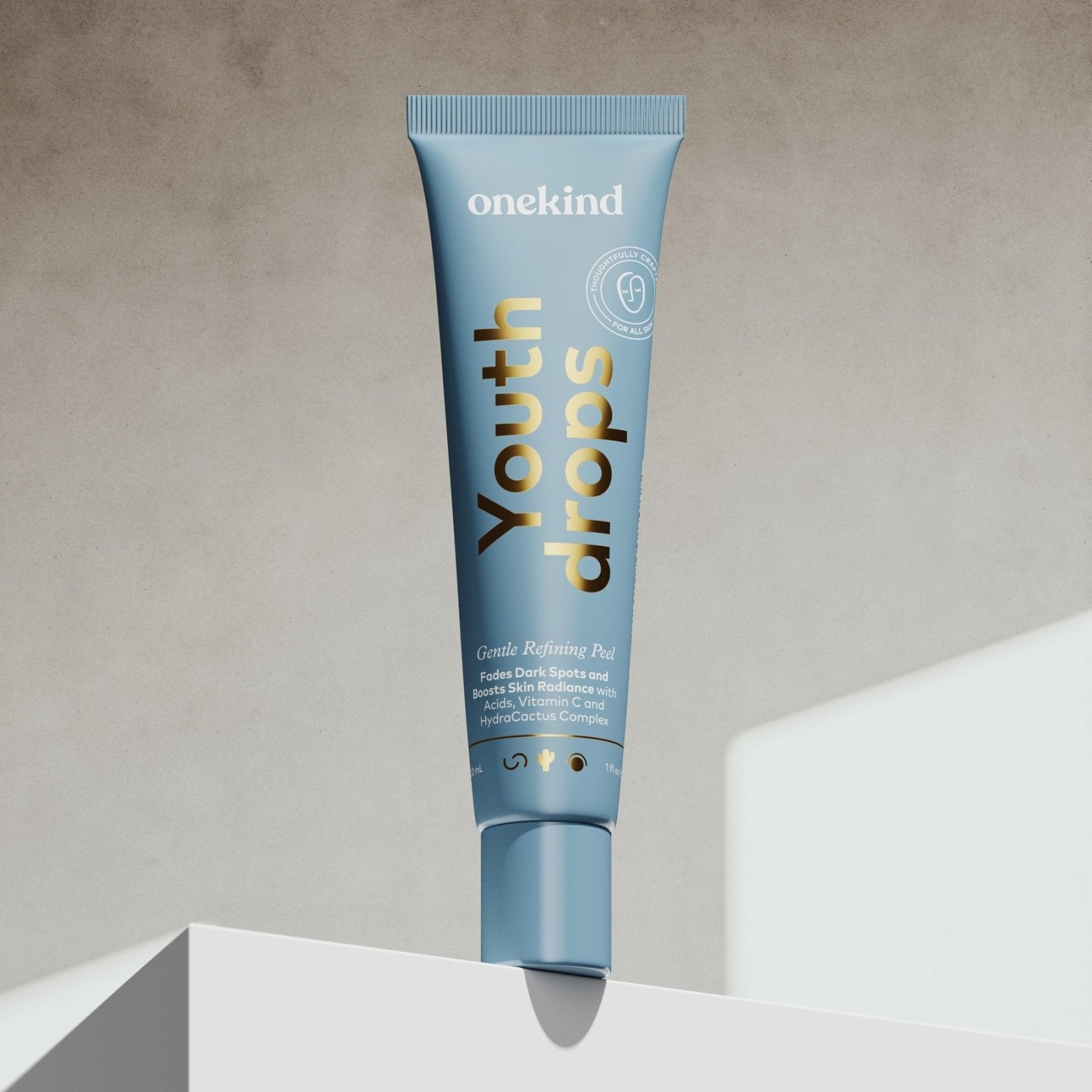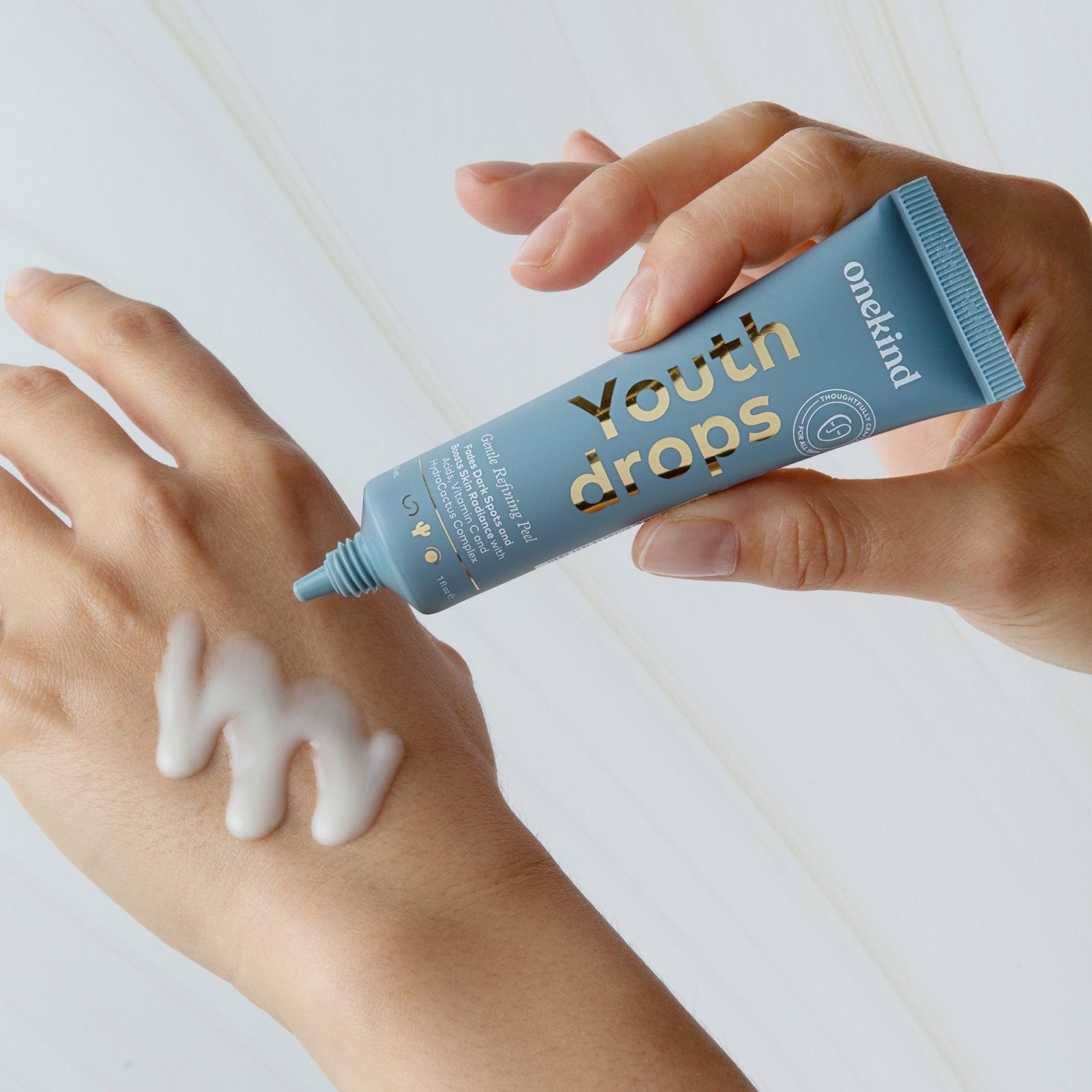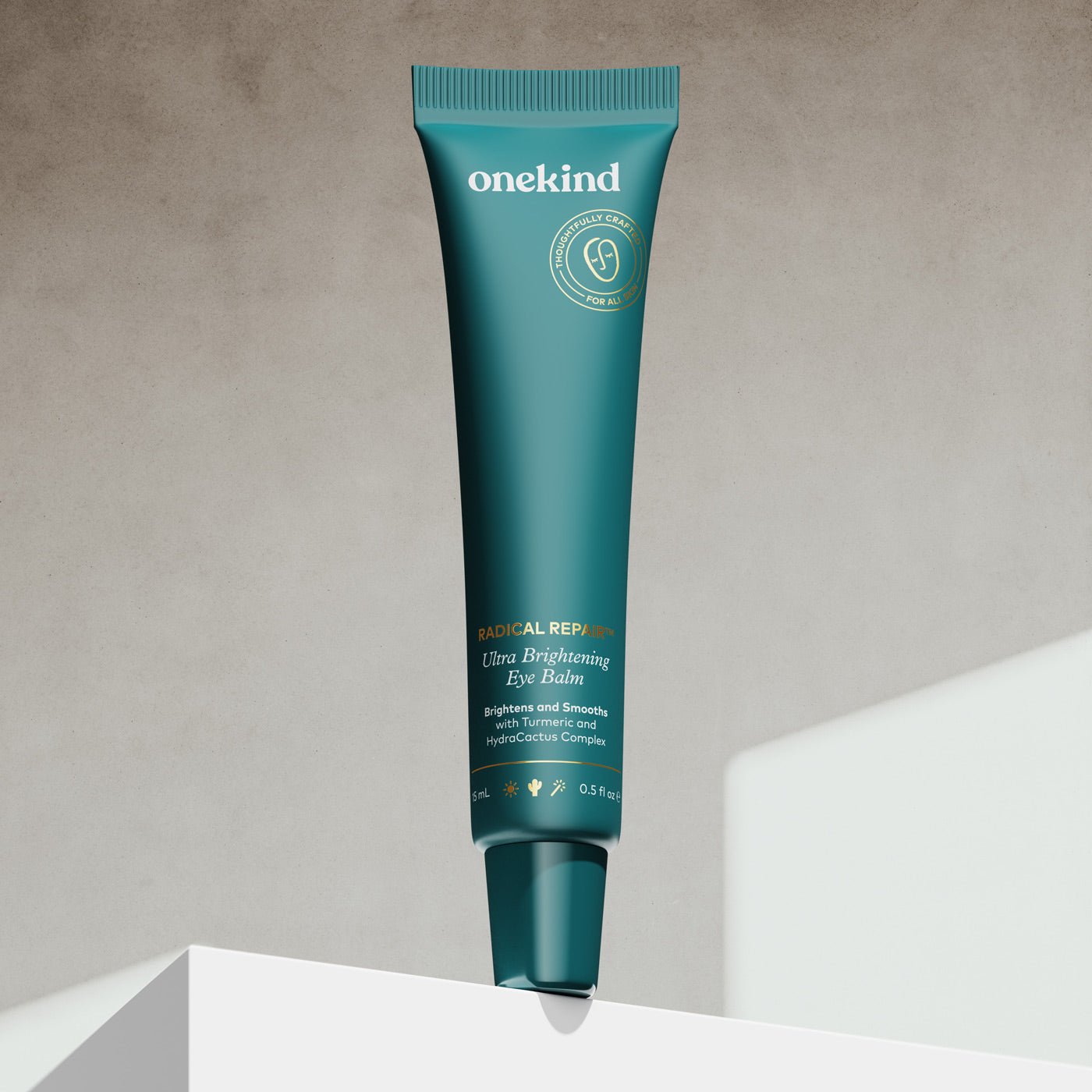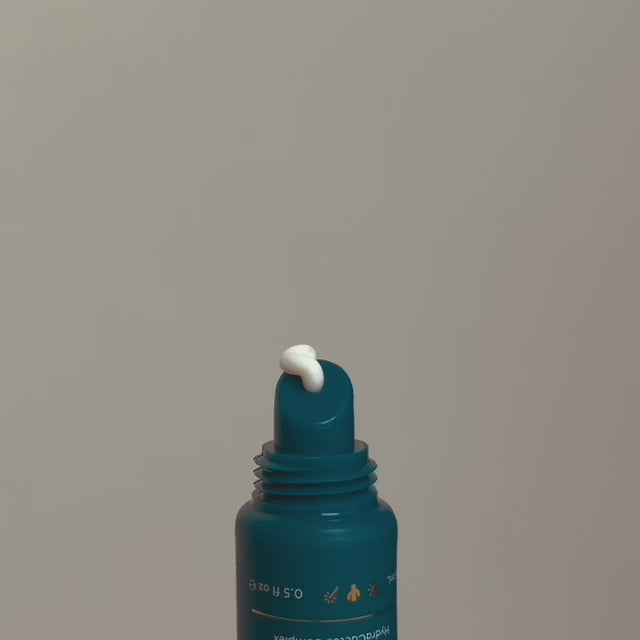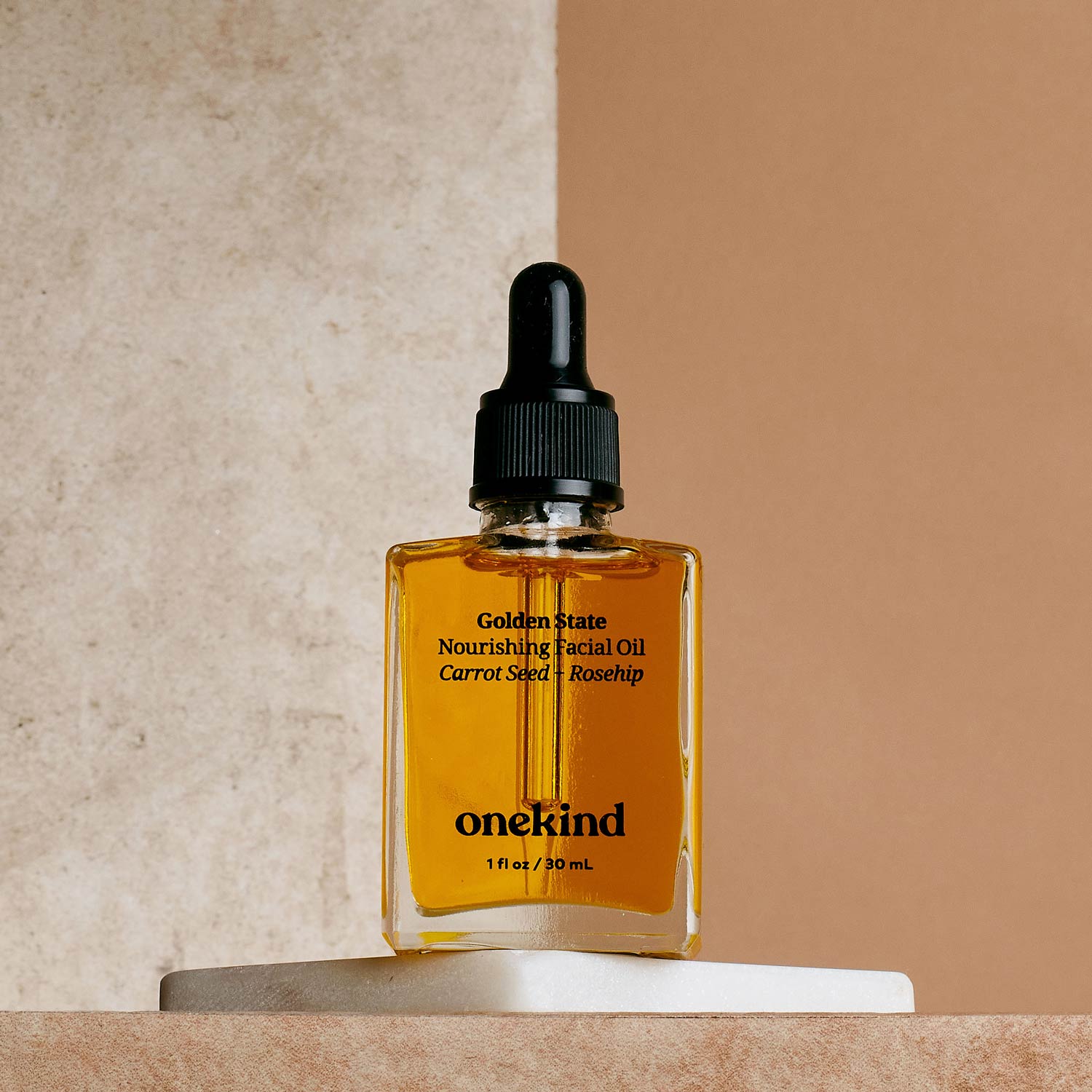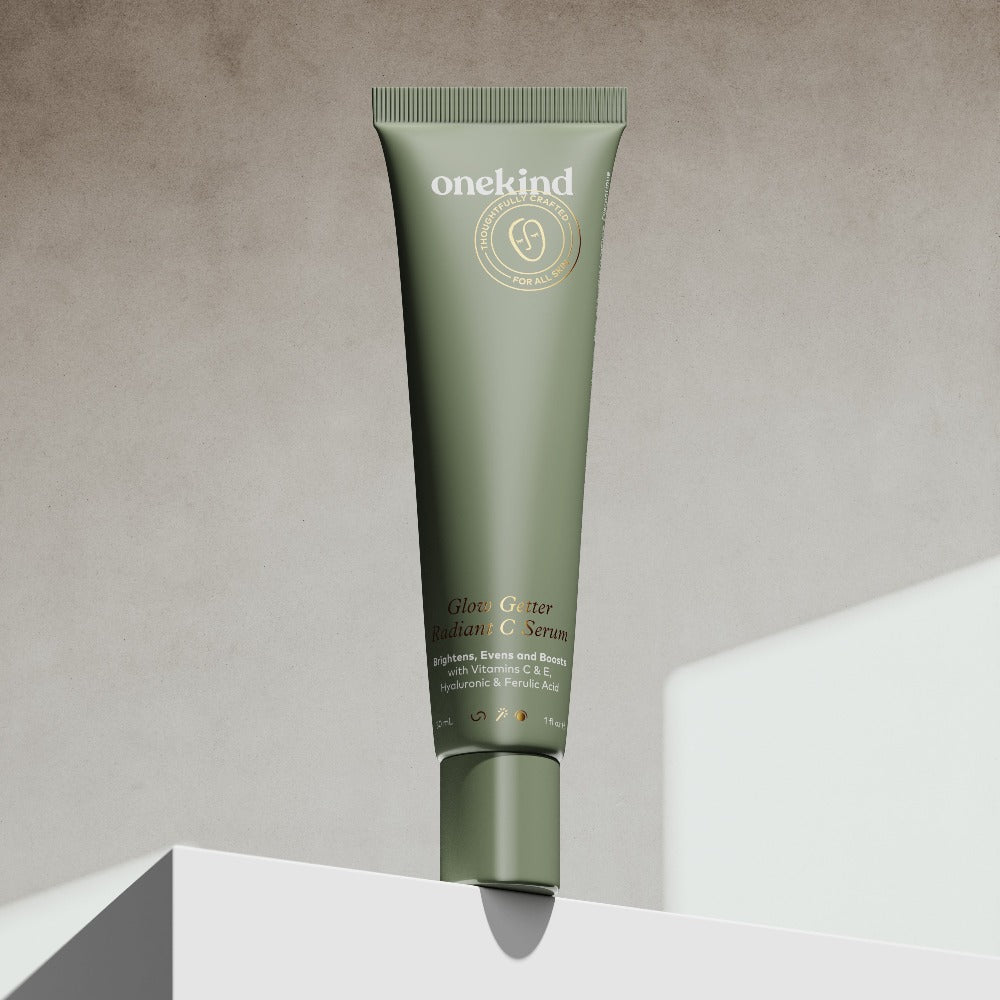The skin is often referred to as the body's largest organ, and it plays a critical role in regulating temperature, protecting the body from environmental hazards, and helping to retain moisture. But did you know that your skin can also respond to your emotions and stress levels?
The skin is covered in a network of nerve endings that can detect changes in temperature, pressure, and other stimuli. These nerve endings also have the ability to pick up on emotions and stress, which can trigger a range of physiological responses. For example, when you're feeling happy, your skin may flush with color due to increased blood flow, while stress can cause the skin to become dry and itchy.
One of the most noticeable ways that skin reacts to emotions and stress is through the development of skin conditions. For instance, stress can trigger or worsen conditions such as acne, eczema, and psoriasis. Stress can cause an increase in the production of the hormone cortisol, which can stimulate the production of sebum, an oil produced by the skin's sebaceous glands. Excessive sebum can clog pores, leading to the development of acne.
Shop our Dream Cream Nighttime Moisturizer
Stress can also disrupt the skin's natural barrier, causing it to become dry and itchy. This can be especially problematic for people with eczema, as the skin's barrier function is already compromised. Additionally, stress can weaken the immune system, making it more difficult for the body to fight off skin infections and other irritants.
In addition to these physical effects, stress and emotions can also have a psychological impact on skin health. For example, people who experience anxiety and stress may develop skin picking disorders, such as dermatillomania, in which they compulsively pick at their skin. This can cause significant damage to the skin, leading to scarring and other long-term effects.
But it's not just stress that can affect skin health. Other emotions, such as happiness and excitement, can also have an impact. For instance, increased blood flow can cause the skin to flush with color, while a smile can help to stimulate the production of endorphins, which can help to improve skin health and appearance.
Shop our Dream Cream Nighttime Moisturizer
So, how can you manage the impact of emotions and stress on your skin? Here are a few tips:
-
Practice stress management techniques. This can include activities such as exercise, meditation, and yoga. These activities can help to reduce stress and improve overall skin health.
-
Maintain a healthy diet. A diet rich in vitamins and minerals, such as vitamin C and E, can help to support skin health and protect against damage from stress and emotions.
-
Get plenty of sleep. Lack of sleep can make skin appear dull and tired, and it can also weaken the immune system, making it more difficult for the body to fight off skin infections.
-
Avoid harsh skincare products. Harsh skincare products can disrupt the skin's natural barrier, making it more susceptible to damage from stress and emotions. Instead, opt for gentle, nourishing products that support the health of the skin.
-
Seek help if needed. If stress and emotions are causing significant skin problems, it may be necessary to seek help from a healthcare professional. This could include therapy, medication, or other treatments, depending on the individual's needs.
Shop our Dream Cream Nighttime Moisturizer
The skin and emotions are closely connected, and stress can have a significant impact on skin health. From triggering skin conditions such as acne and eczema to causing psychological distress, it's important to understand the ways that stress and emotions can affect the skin and take steps to minimize these effects. By practicing stress management techniques, maintaining a healthy diet, getting enough sleep, avoiding harsh skincare products, and seeking help when needed, you can help to keep your skin looking and feeling its best, even when life gets stressful.
It's also important to take care of your skin in other ways, such as protecting it from the sun, avoiding smoking, and drinking plenty of water. By taking a holistic approach to skin care, you can help to minimize the impact of stress and emotions on your skin and maintain a healthy, glowing complexion.
Our skin is a complex and sensitive organ that can be greatly impacted by our emotions and stress levels. By understanding the connection between skin, emotions, and stress, and taking steps to manage these factors, we can help to maintain the health and appearance of our skin and protect it from the negative effects of stress and emotions. So, take care of your skin, both inside and out, and enjoy a lifetime of healthy, beautiful skin!



